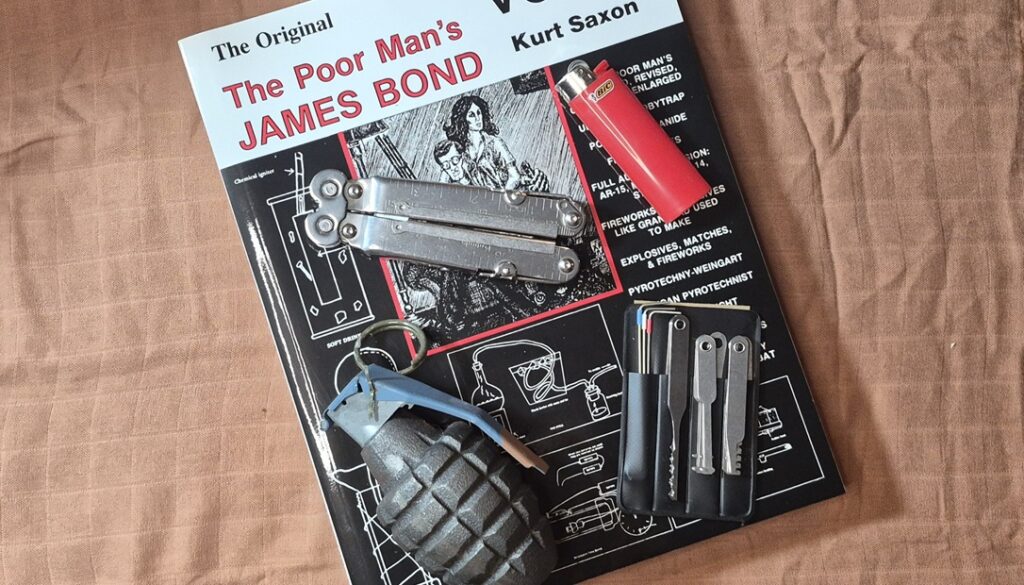Gun control advocates, like gun rights advocates, come from all walks of life and have all kinds of reasons for supporting gun control. Today we’re going to take a look at five common archetypes of gun control supporters; broadly dividing them into categories. These are the 5 types of gun control supporters.
As we get started, it’s important to note that this isn’t a comprehensive list, and it also doesn’t mean that a person only has their category as their sole motivation for supporting gun control. Many people will combine two or even three of these categories into some kind of gun control hydra, which makes trying to have an adult conversation about the root causes of violence difficult. With that in mind, let’s take a look at the first category.
5. The Well-Intentioned
Probably the least harmful of gun control advocates is the well-intentioned. This person’s primary motivation for supporting gun control is that they believe the lines how “fewer guns = less crime” or that taking guns “off the streets” will reduce violent crime. They’re not deep on the issue or particularly well-informed, but they (like any rational person) are concerned about public violence. Because they’re not well-informed on the issue, the surface appeal of gun control makes “sense” to them. People like this can often have their minds changed, the most effective way is to just…be a good person and show them through your actions that gun ownership is fun and safe. Eventually you can talk about how gun control doesn’t address the root causes of violence.
Advertisement — Continue Reading Below
4. The Party Line
This person supports gun control not because they feel strongly about it, but because it’s a party piece for the political team they picked. “Well the guy I vote for supports gun control, even though that’s not really why I’m voting for him, so I guess I support it to.” This is pretty common across a lot of political issues – people will casually support an issue because they broadly identify with a party or candidate’s positions, and gun control gets added on the wagon along with everything else.
3. Guns are scary
As we get into these next three, you start to run into problems with irrationality and emotional decisions. As I’m fond of saying, you can’t reason someone out of a position they arrived at irrationally, and that especially applies to the person who thinks that guns are scary. Whether it’s because their only exposure to guns is from media, or because they had a traumatic event involving a gun, this person is genuinely afraid of guns. The idea or physical presence of “gun” is scary, so their emotional response to this is to say that guns should be banned. Interestingly, the best way to engage with someone like this is to acknowledge the validity of their emotion and start from there. If you can get to a point where you accept their feelings are real and valid, they’ll automatically be more open to having a real conversation.
2. The Projector
These are honestly some of the worst people. They’re almost always white males with absolutely zero experience with real violence, and they always pop up on twitter or FB saying “well if I had a gun in situation X I might have shot someone.” Basically, because they have anger management issues, you shouldn’t be allowed to have a gun. They’re a product of a society that enables people to live to physical adulthood without experiencing an ounce of real hardship, and deep down inside they’re mad at the world for that. They can’t have their mind changed until they fix the root cause of their emotional problem.
Advertisement — Continue Reading Below
1. The Statist
This brings us to the worst people on the list. The true believers. The people who believe that the State, in whatever form, should have a total monopoly on the use of force. These are the people who believe that communism would work if “the right” people were in charge. They believe that the State should take care of everything, despite the fact that the “State” is the all time #1 champion of genocide, murder, and massacre by a massive margin. But none of that matters, because those were the wrong people that did that. They want to take your guns because your guns are a problem, because a gun gives you a certain amount of agency that the state cannot take from you…without killing you.
Again, these aren’t all the types of gun control advocates – they’re a sample, meant to represent broad categories. But it is important to note that 2/5ths of these categories are “reachable” – they might be someone who can be brought around to being, if not pro-gun, at least neutral on the issue.















